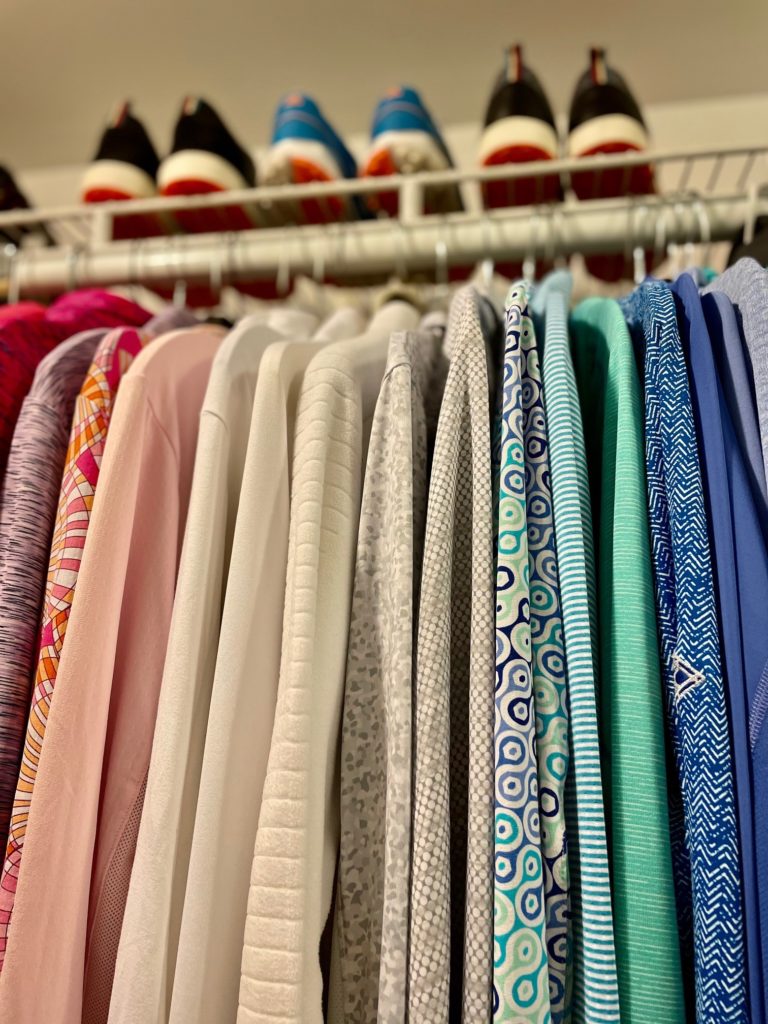COVID and the Fashion Industry: Escalating Sustainable Practices
The fashion industry, known for creating trends, is working on its most important one yet: sustainability.
During the pandemic—with people stuck indoors and looking at the environment in a new light—consumers have begun thinking deeply about their purchasing habits. And in thinking about how and what they buy, many people are holding companies to higher and more meaningful standards.
Recently, McKinsey released advice to fashion companies wanting to develop sustainable practices. From limiting waste in the design stage to using methods that reinvent items and derive their maximum value, and eliminating single-use plastic, there are numerous ways companies can do better business while being better to the environment.
Sustainability was already an important issue of many retail chains. With in-store sales down about 35% between 2019 and 2020, according to Boston Consulting Group, it’s likely good stewardship will continue to be a focus as stores try to attract consumers.
In 2019, Nordstrom partnered with Rent the Runway (RTR), the self-designated “pioneers of the sharing economy.” RTR aims to “extend the life cycles of favorite designer rentals” by providing them for a limited time to subscribers.
Everlane prides itself on offering transparent pricing and production information to its customers. For example, where leading brands mark-up their products by 6 times the production cost, Everlane proudly tells buyers that its markup is only 2 or 3 times. Furthermore, it offers environmentally sustainable products such as a carbon-neutral tennis shoe.
Department store chain Kohl’s says sustainability is key to its corporate responsibility practices, as guided by the United Nations Sustainable Development Goals. Kohl’s goals focus on climate action, sustainable sourcing, and limiting waste. The company is committed to seeking solutions that encourage long-term sustainability to ensure Kohl’s is able to leave a smaller footprint on the world.
And, of course, there’s Etsy, the global marketplace for unique and creative goods, where it’s possible to find a universe of sustainable clothing products—from beanies to socks and everything in between.
We’ve found several other clothing companies worth our attention for doing good:
Rothys. This sustainable shoe company creates a wide range of footwear and accessories from recycled materials. Their design model focuses on recycling materials and limiting waste, with the goal of achieving a closed-loop production model by 2023. The closed-loop process reuses material waste created during production to and uses recycled materials to create new items.
Warp + Weft. The family that owns this company has innovated jean-making, recycling 98% of the 10 gallons of water necessary for crafting each pair. Note: The traditional process requires 1,500 gallons!
4 Kinship. Founded by an Indigenous woman, this company of artists and makers around the globe repurpose clothing and jewelry to create unique pieces.
Veja. A Brazilian shoe company, it tests all its shoe models to eliminate dangerous chemicals. Veja also enforces fair-trade principles, ensuring the financial security of production partners and both work safety and proper wages for employees.
If you want to check the sustainability and ethical practices of the brands you love, look them up at https://directory.goodonyou.eco
# # #
Abbie Arnold is a freelance writer, photographer, and hopeful poet. She is passionate about all things creative and can often be found hiking in the Arizona desert. To see more of her work, check out her website at: https://heymalisten.weebly.com.
